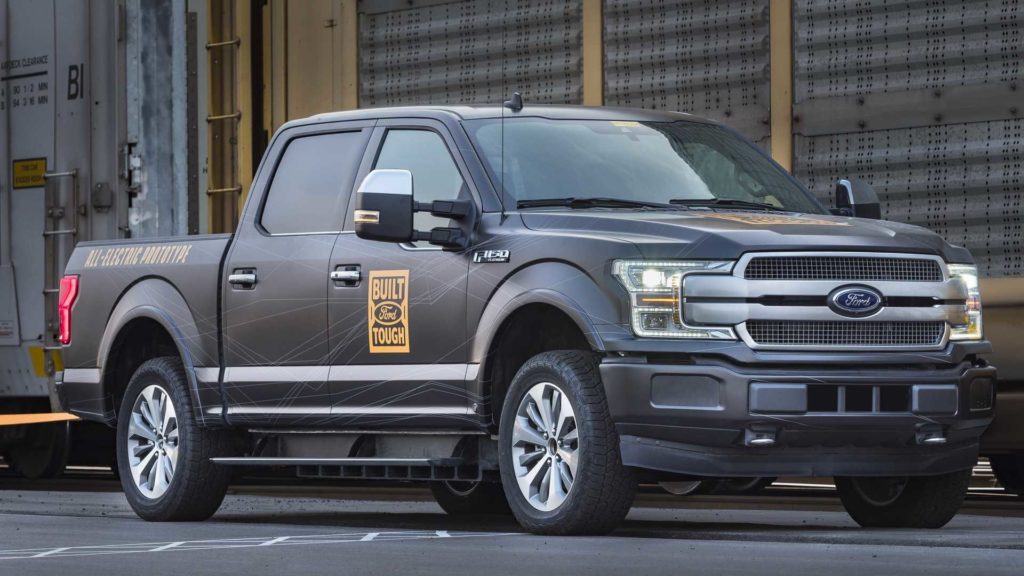Last updated on April 8th, 2020 at 08:00 pm
The release of the Tesla Cybertruck caused quite a stir across the world, however, the American manufacturer's decision to release a pickup truck shouldn't come as a surprise, as over a nine-year period, pickup trucks accounted for 14.5% of new vehicle sales in the USA; Ford's F-150 pickup was the best-selling vehicle in the country with over 5.2 million units sold.
According to Jato Dynamics, a supplier of automotive business intelligence, global sales for pickup trucks haven't been as popular. In comparison to the high uptake by American customers, pickup trucks accounted for only 3.7% of the market share over the same nine-year period (2010-2019).
The market, at least in the US, shows no signs of slowing down with more companies entering the rat race to manufacture the next-gen pickup truck. It would seem the American obsession of having a large-sized vehicle that can carry goods is spurring on companies. The country saw higher sales figures in new vehicles over other countries such as Russia (19.1 million), Canada (17.8 million), and Italy (17million). To think the Ford F-150 sold so many units in this period is mind-boggling.
To put this into perspective, if the Ford F-150 was its own brand, ie. not counted in the US-based sales of Ford's other vehicles, it would come in as the 9th best-selling ‘brand', slotting between Kia and Subaru that sold 5.4 million and 4.9 million vehicles, respectively. Let that sink in: a single pickup truck is more popular than an entire company's fleet of vehicles. There's certainly strong loyalty between Ford and its customers.
But the United States isn't even the country that's showing the highest growth in sales of pickup trucks; Canada, at 18.2%, has seen a massive interest in pickup trucks over the last nine years – as a reminder, the US sits at 14.5%. So, while the country might not have sold more pickups in that period (due to its smaller-sized population), it grew at an incredible pace.
Donald Smith, Vice President Sales & Marketing at JATO, commented: “Americans have been able to transform a work vehicle into a fashionable and semi-luxury product that appeals to more consumers than ever before, and the recent Tesla Cybertruck is a good example of this. Despite price increases, consumers are willing to pay more if the offer is in appealing sub-sectors- such as trucks and SUVs – and continue to be upgraded with new applications and accessories.”
Over the years, you might presume a decrease in the MSRP; instead, the average base price has increased by 35.1% – in 2019, a pickup truck will set you back on average $44,039. This, to me, shows consumers are willing to pay the price for a larger-sized vehicle; by comparison, SUVs saw an increase of just 16.4%.
As electric vehicles become more popular it also shouldn't come as a surprise that the average engine size for pickup trucks is decreasing. This not only comes from a shift in consumer interest but also from improved petrol efficiency from 14.6 mpg in 2010 to 17.8 mpg in 2019.
Elsewhere, Jato found that branded in-car audio systems (such as Bose, Sony and Hardman/Kardon) have seen a significant boost in popularity, where 18% of all 2019 pickups had upgraded audio systems installed as opposed to the mere 5.1% seen in 2010.
